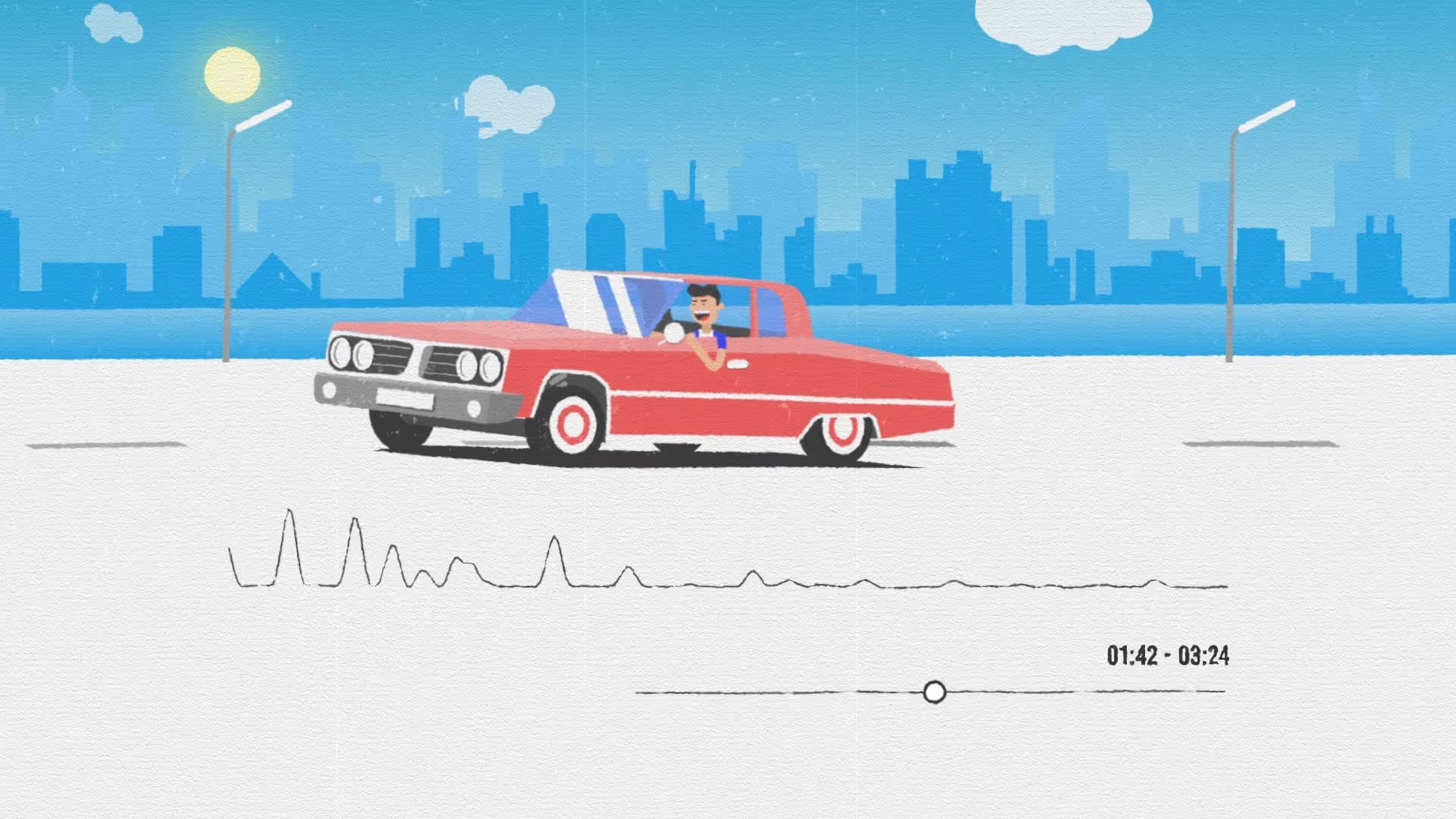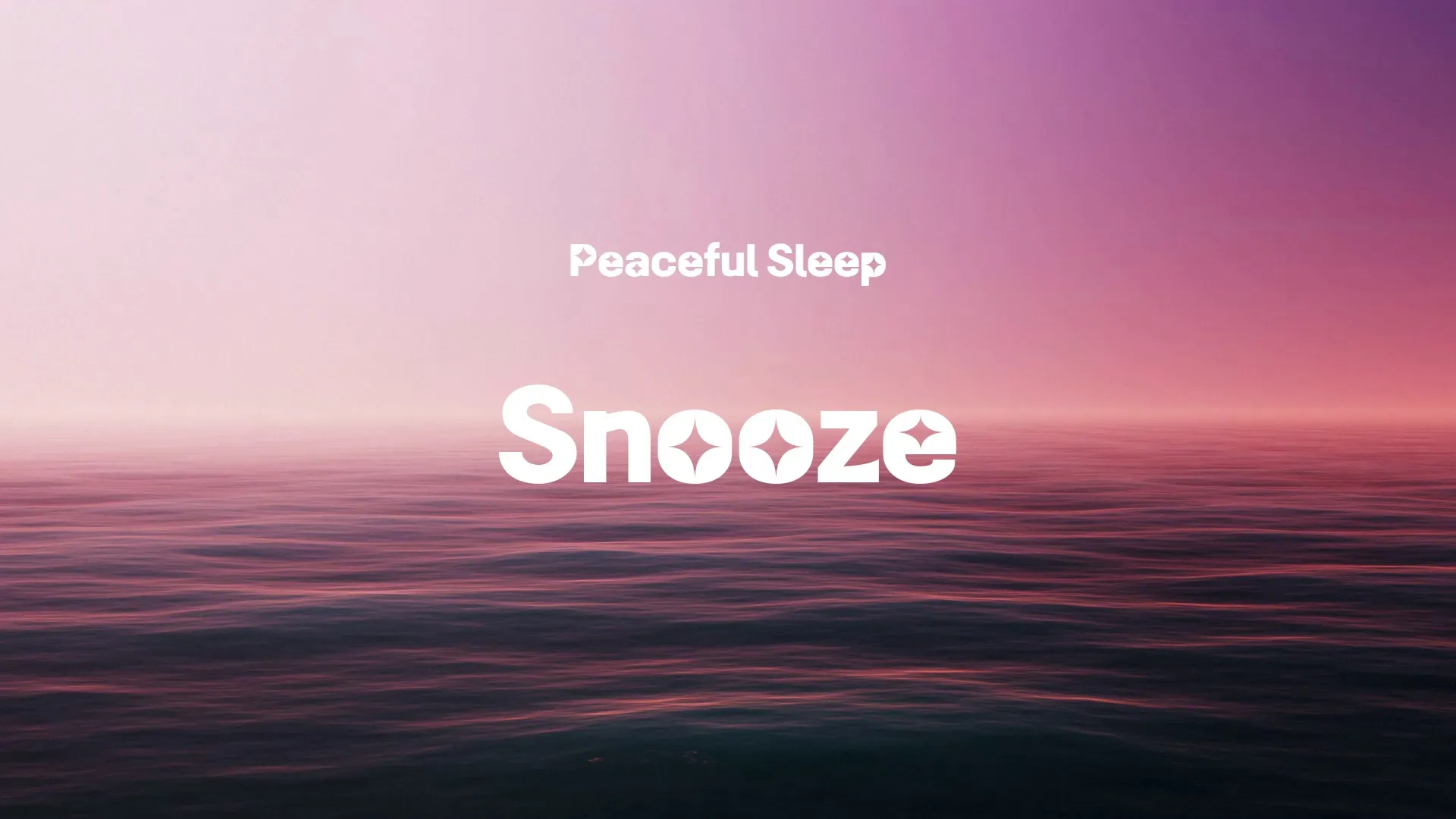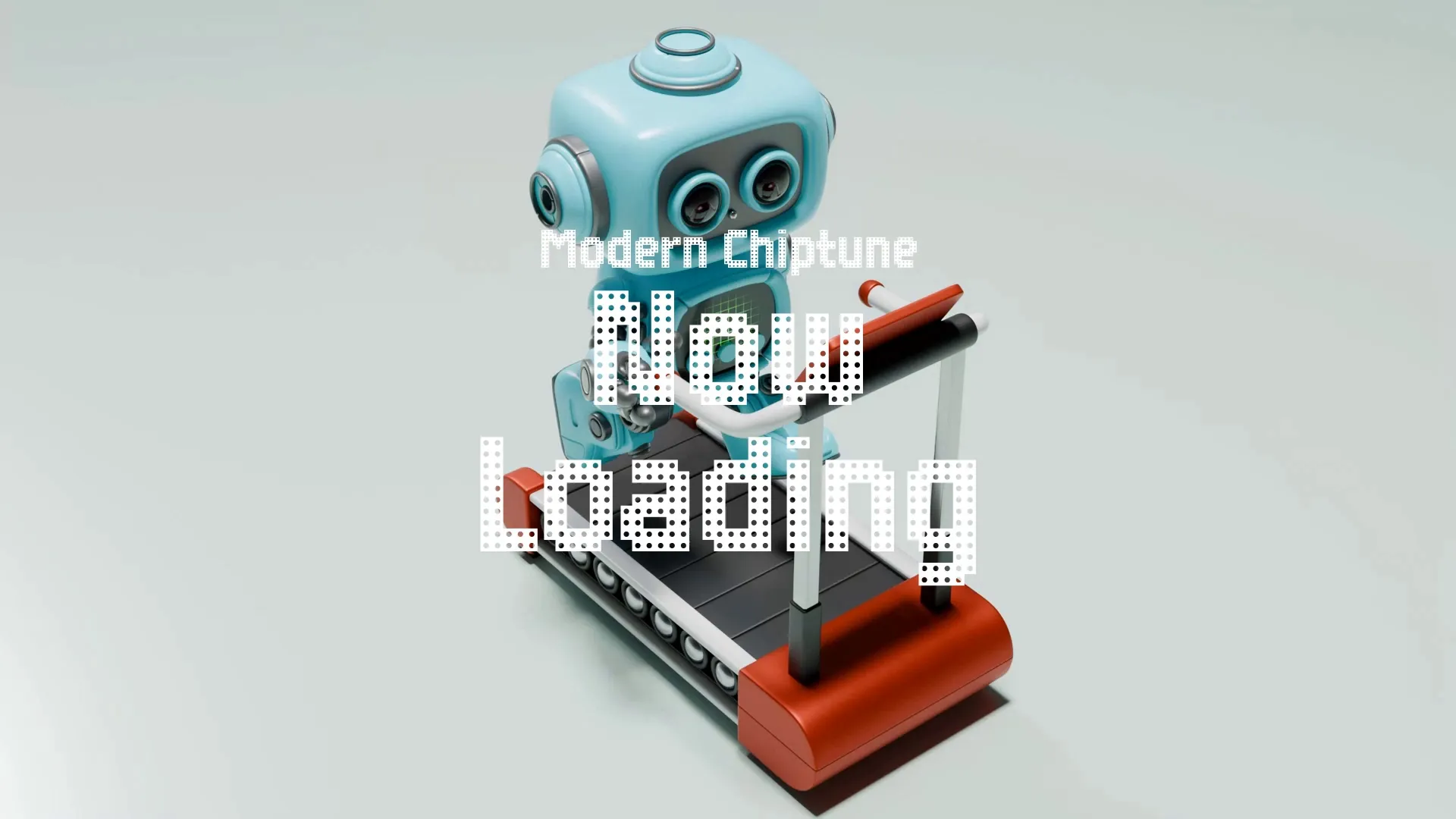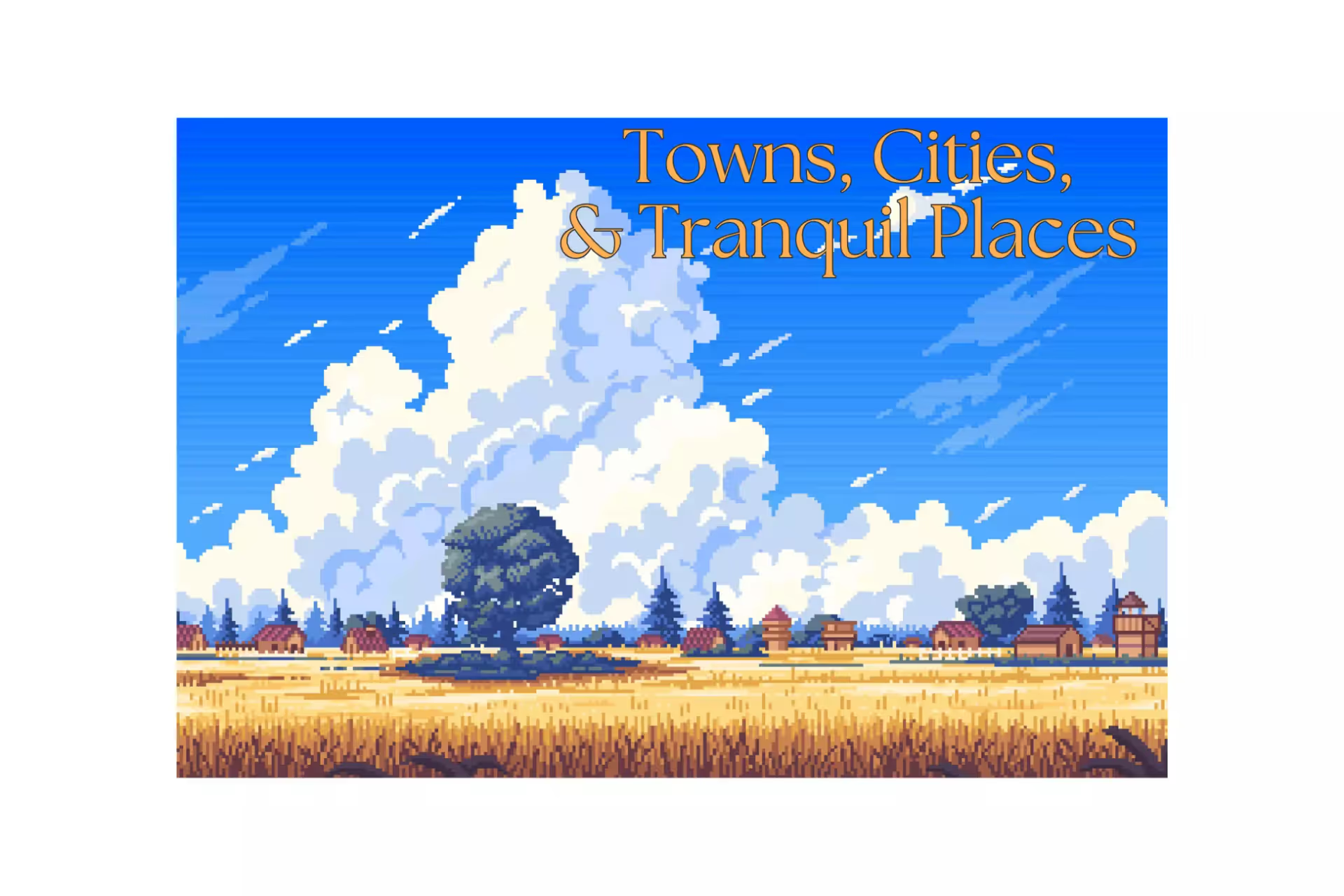Game Publishing Legal Considerations: A Guide for Small Game Studios
Game Publishing Legal Considerations: A Guide for Small Game Studios
Navigating the legal landscape of game publishing can feel daunting for small game studios. However, understanding key legal considerations is not optional; it’s essential for protecting your intellectual property and ensuring your business longevity. This guide provides practical advice to help indie developers avoid common legal pitfalls.
Copyright Basics for Game Developers
Your game, its code, art, music, and narrative are all forms of intellectual property. Copyright automatically protects original works of authorship upon creation. While automatic, registration with the appropriate government office (e.g., U.S. Copyright Office) provides stronger legal standing and allows you to sue for infringement.
Early copyright awareness is crucial, especially when collaborating or using third-party assets. Documenting ownership and creation dates can prevent future disputes. Always ensure you have clear rights to all elements incorporated into your game.
Understanding Publishing Agreements
Publishing agreements are complex contracts that define the relationship between a developer and a publisher. These agreements cover revenue share, marketing responsibilities, intellectual property rights, and payment schedules. Carefully review exclusivity clauses; they dictate whether you can work with other publishers or self-publish the game on different platforms.
Pay close attention to the term of the agreement, which specifies how long the publisher retains rights to your game. Termination clauses outline conditions under which either party can end the agreement, including performance metrics or breaches of contract. Always seek legal counsel to review publishing agreements before signing.
Intellectual Property Protection in Practice
Beyond copyright, consider other forms of intellectual property. Trademarks protect your game’s title, logo, and distinctive phrases. Registering your game’s name as a trademark prevents others from using it in the gaming industry.
Confidentiality and non-disclosure agreements (NDAs) are vital when sharing your game concept or build with potential partners or publishers. These agreements legally bind parties to keep your proprietary information secret. Implement internal policies for managing intellectual property, especially when working with freelancers or contractors.
Common Legal Pitfalls and How to Avoid Them
A frequent pitfall is neglecting to secure proper licenses for all third-party assets. Using assets without appropriate rights can lead to costly infringement lawsuits. Always verify the license terms for every asset, whether it’s stock music, art, or engine components.
Another common mistake is overlooking international laws when publishing globally. Different countries have varying legal requirements for data privacy, consumer protection, and intellectual property. Research these regulations for your target markets to avoid compliance issues.
Poorly defined work-for-hire agreements with contractors can also lead to ownership disputes. Ensure all contracts explicitly state that intellectual property created by contractors for your project is assigned to your studio. For managing these complex tasks and ensuring everything is documented, a robust task tracker like Momentum can be invaluable for maintaining development momentum and legal compliance.
Platform-Specific Legal Requirements
Each digital storefront, such as Steam, Epic Games Store, or console platforms, has its own terms of service and legal requirements. These often include specific guidelines for content, data collection, and financial transactions. Failing to comply can result in your game being delisted.
Review platform agreements thoroughly, especially concerning revenue sharing, payment terms, and content restrictions. Some platforms have strict rules about what can and cannot be included in a game. Understanding these nuances is crucial for a smooth launch.
Conclusion
Legal considerations in game publishing are fundamental to the success and sustainability of small game studios. From understanding copyright basics to scrutinizing publishing agreements and protecting your intellectual property, proactive legal planning is indispensable. Avoiding common pitfalls like unverified asset licenses or neglecting international laws can save your studio significant time and resources. For more insights into the business side of indie development, consider reading ‘Realistically, How Much Does an Indie Game Dev Make Per Year?’ at https://wayline.io/blog/realistically-how-much-does-an-indie-game-dev-make-per-year. Equip your studio with the knowledge to navigate these complexities and ensure your game’s journey from concept to market is legally sound.
Create a free account, or log in.
Gain access to free articles, game development tools, and game assets.









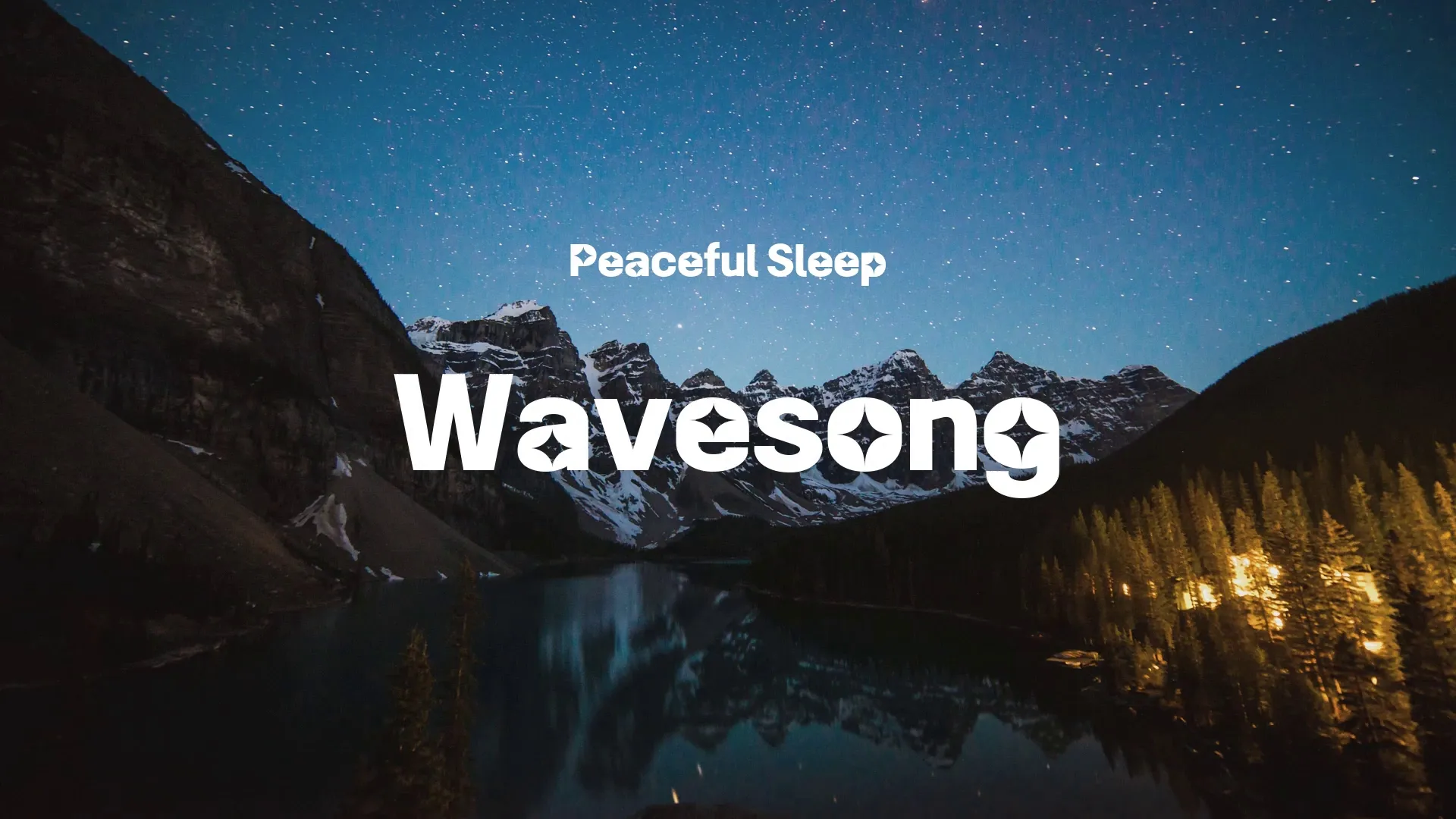
.webp)


.webp)
